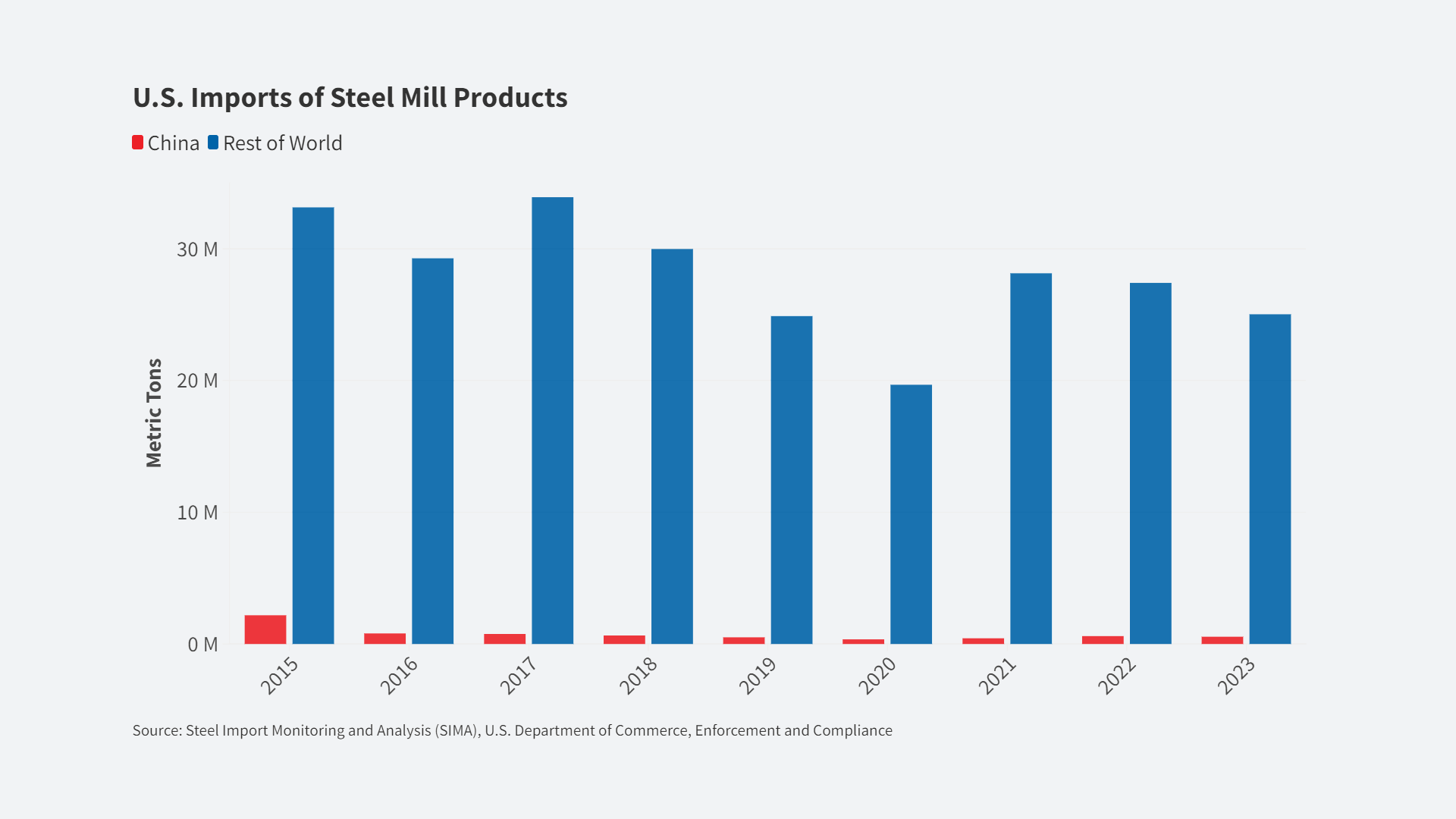The U.S. on Thursday abandoned its longstanding position on the confidentiality of some patent data as officials immersed themselves in the minutiae of Asia-Pacific dairy markets in a bid to clinch a landmark trade deal.
[Reposted from Bloomberg Business | Carter Dougherty | July 31, 2015]
A day marked by widespread frustration with the slow pace at which Canada took up talks on opening its dairy sector gave way to grinding, all-night talks on the quotas and tariffs that would be applied to products such as whey protein, cheese and milk powder.
Australian trade minister Andrew Robb said the TPP countries were taking “very tiny steps” to resolve critical disputes over dairy markets. It was not at all clear they can close a deal by Aug. 1, the scheduled end to talks in Hawaii.
“Things are still going very slowly on that front,” Robb told reporters.
Officials from the 12 countries of the Trans-Pacific Partnership, as the proposed pact is known, commenced the final, nocturnal stretch of negotiations with the result still in doubt. They started the week cautiously hoping to reach an agreement in principle, a goal that may yet require another phase of talks.
Akira Amari, Japan’s economy minister, expressed the hope that another high-level meeting of the TPP nations wouldn’t be necessary.
Telltale Signs
“I would like to solve difficult issues rapidly and discuss to make this as the last ministers meeting,” Amari told reporters shortly before entering a plenary meeting with all 12 ministers.
With the closed-door talks in their third day at a hotel on the island of Maui, telltale signs appeared of a complicated, highly politicized negotiation among countries spread across a dozen time zones.
An Australian aide scurried through the hotel lobby, his arms stacked with eight cups of coffee from the Starbucks Corp. outlet that’s now a meeting point for industry lobbyists and health advocates. U.S. Trade Representative Michael Froman, occupied with in-person cajoling and phone calls, appeared briefly outside the main conference area, having shed the trade negotiator’s typical suit for a casual shirt and slacks.
The U.S., isolated from virtually every other TPP country, bent on its initial demands regarding data lockups for a newer type of drug known as biologics.
Patent Lockups
At issue is the ability of pharmaceutical companies to keep confidential the clinical data they use to win regulatory approval. The 12-year lockup in the U.S. raises the value of patents, but is longer than the eight years in Japan or five in Australia.
Ministers discussed numbers ranging between those two at their plenary, according to two people briefed on the talks who requested anonymity because the talks were ongoing.
A compromise is “cooking in the oven,” Peruvian Trade Minister Magali Silva told reporters.
The move could weigh on drug giants like Pfizer Inc. and Amgen Inc., for which the new therapies are a lucrative source of revenue. It may also spark a backlash from congressional Republicans who’ve pressed for a TPP that enshrines the 12-year rule.
TPP countries agreed to submit their final offers on dairy trade Thursday so that negotiators would have time to secure an agreement by early afternoon on Aug. 1, according to two people briefed on the talks.
Dairy Dispute
Interlocking demands in the dairy sector have slowed the talks, according to the people, who requested anonymity because they’re ongoing. The U.S. has waited for Canada before offering its own concessions to Australia and New Zealand, a move that would lend credibility to pressure on Japan to also ease dairy imports.
Robb appealed to the U.S. to break the deadlock by sketching out a better offer, arguing that a more competitive U.S. dairy industry had more to gain than lose from a deal.
“I think the U.S. is particularly well placed because of the transformation, in many respects, of their dairy industry over the past decade,” he said.
Alan Levitt, spokesman for the U.S. Dairy Export Council in Arlington, Virginia, said the Canada dairy situation remains in flux, and that his organization has representatives in Hawaii monitoring the situation.
“Our interest is in market access,” he said, adding that his group is more concerned with the advantages of a deal to the U.S. than any specific reforms of Canada’s lucrative system of quotas and tariffs. “TPP is certainly an opportunity for the U.S. dairy industry if it will give us some access to other countries and improve the rules of trade,” he said.














